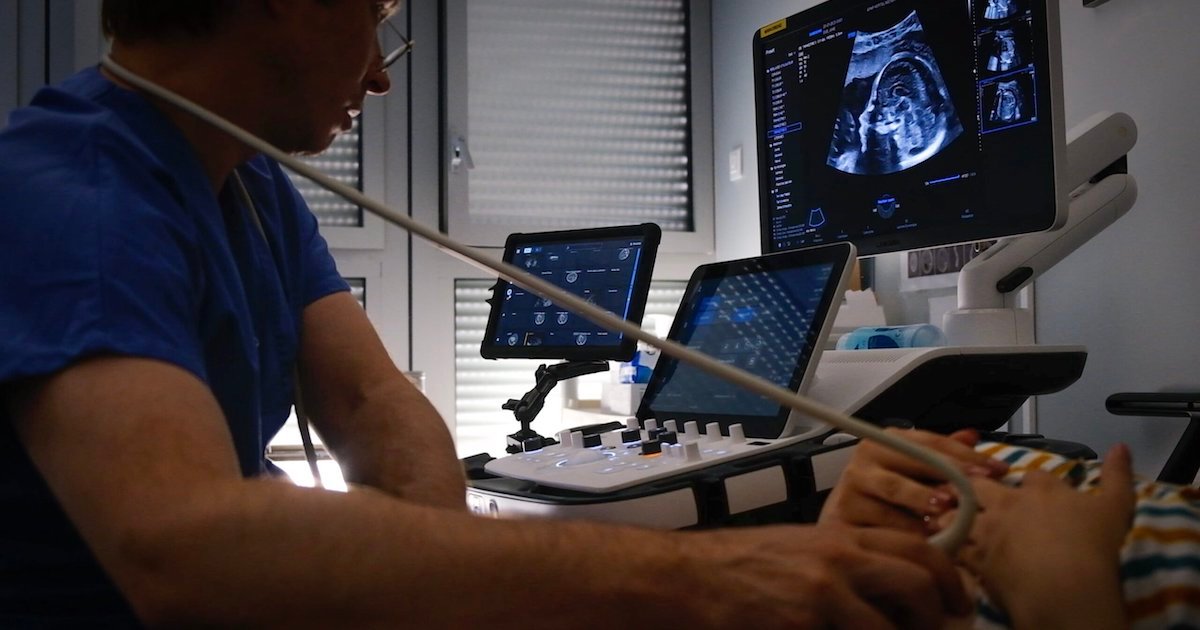During his final three years at the US Food and Drug Administration the physician scientist Doran Fink’s work focused on reviewing covid-19 vaccines. But a decade after joining the agency Fink had accepted a job with Moderna, the covid vaccine manufacturer, and was undergoing mandatory FDA exit requirements. As he left for the private sector, the FDA’s ethics programme staff emailed him guidelines on post-employment restrictions, “tailored to your situation.”
The email, obtained by The BMJ under a freedom of information request, explained that, although US law prohibits a variety of types of lobbying contact,1 “they do not prohibit the former employee from other activities, including working ‘behind the scenes.’”

The legal ability to work “behind the scenes” is enshrined in federal regulations2 and highlights a “critical, critical loophole” in US revolving door policy, says a leading consumer advocate. Craig Holman, a government affairs lobbyist for the organisation Public Citizen, told The BMJ that the rules forbid various forms of direct lobbying contact but permit lobbying activity that is indirect.
“So, people will leave government service and can immediately start doing influence peddling and lobbying,” Holman explained. “They can even run a lobbying campaign, as long as they don’t actually pick up the telephone and make the contact with their former officials—and that’s exactly the advice that’s being given here.”
Diana Zuckerman, president of the non-profit National Center for Health Research and a decades long regulatory policy analyst, was surprised to learn of the FDA’s advice. “I guess I had this vision that they actually had meaningful restrictions on what people could do for at least a year” after federal service, she said. Advice given behind the scenes, Zuckerman argues, is precisely “what makes FDA scientists and staff valuable.”
The documents obtained by The BMJ show that the FDA’s advice regarding work done “behind the scenes” was not limited to a single email but appeared several times in emails to Fink and in emails to Jaya Goswami, an FDA medical officer who reviewed Moderna’s covid vaccine before leaving for a position with the manufacturer (see Related Content). (Fink and Goswami were the subject of a previous BMJ investigation into the revolving door between the FDA and industry.3)
The FDA’s guidance seems to be part of the standard boilerplate advice sent to employees by FDA staff responsible for ethical compliance. It has also been included, since June 2017, on an FDA web page detailing post-employment restrictions.4
Zuckerman finds FDA’s proactive provision of advice on behind-the-scenes work particularly troubling. “I just think that this is the key to the revolving door … It’s one thing to know it happens, and it’s another thing to know that the [FDA] ethics folks are saying, ‘Don’t worry, you can do this.’”
Peter Lurie, president of the Center for Science in the Public Interest in Washington, DC, and former associate commissioner at the FDA, suspects that in providing employees with advice on behind-the-scenes work the FDA ethics staff were simply carrying out their proper function. “It seems to me that the job of the ethics office is to interpret the law for the outgoing person, and that is what they are doing,” he says.
But Lurie expressed concern over the perils of allowing behind-the-scenes work. “It does seem contrary to the public interest that an ex-official would be quarterbacking activities behind the scenes, especially for a ‘particular matter’ on which they had worked. As a practical matter, this policy likely plays out in a way that advances the interests of big pharma, as that’s where many officials head after FDA.”
New bills
The BMJ asked the FDA whether it had any concerns that proactively informing employees about their ability to work behind the scenes could be interpreted as encouraging former FDA staff indirectly to lobby the agency. An agency spokesperson responded: “No. Working behind the scenes does not necessarily equate to direct or indirect lobbying activities. Lobbying activities are governed by the Lobbying Disclosure Act. Former employees would need to adhere to these requirements, just like any other individual or organization.”
Last month US lawmakers introduced bills to amend the law regulating restrictions on departing employees. Both bills seek to prohibit former health sector employees from serving on the boards of manufacturers of drugs, biological products, or devices after public service. One bill, proposed by Senator James Vance, would apply to all employees of “covered health agencies” and would be a permanent ban.5 The other, sponsored by Representative Debbie Lesko and provocatively titled the Fixing Administrations Unethical Corrupt Influence Act or “FAUCI Act,” applies to “top officials” and would prohibit board membership for eight years after public service.6 Previously, focusing on the Department of Defense, Senator Elizabeth Warren, of Massachusetts, introduced legislation to curtail behind-the-scenes lobbying activity.7 So far, none of the bills have passed.
Tracking the revolving door
High level departures from health related regulatory agencies to industry are common. A study last year found that 32% of 78 presidential appointments between 2004 and 2020 to the Department of Health and Human Services, which houses the FDA and other major agencies such as the Centers for Disease Control and Prevention, exited to industry after their tenure.8 Since 2000 every FDA commissioner, the agency’s highest position, has gone on to work for industry. These include Robert Califf, the agency’s current chief, who re-established ties with industry in between his two stints at the agency’s helm.
Less is known about the post-FDA trajectories of agency staff not in senior roles. The topic has been studied only sporadically,910 generally finding that a majority of former FDA reviewers take up jobs in industry. In early 2023, when The BMJ asked the FDA whether it kept records on where employees went after they left government service, the FDA spokesperson Jeremy Kahn said, “No, FDA does not keep such records.”
But a Freedom of Information Act request filed by The BMJ has shown that departing staff are asked about their future employment plans as part of an “eDepart” system.
Asked to explain this discrepancy, Kahn responded, “FDA has a system to facilitate the process of off-boarding agency employees, which includes the provision of ethics post-employment guidance. As part of the process an employee is provided the optional opportunity to disclose information about their plans after FDA employment, which may include the identity of prospective employers, if applicable. This does not serve as official record of any employee’s actual post-government employment, and FDA does not currently have a mechanism to confirm if post-government employment was obtained and where. The FDA’s Office of Ethics and Integrity encourages employees to seek ethics guidance after their separation from FDA because they continue to remain subject to certain restrictions under the ethics law.”










